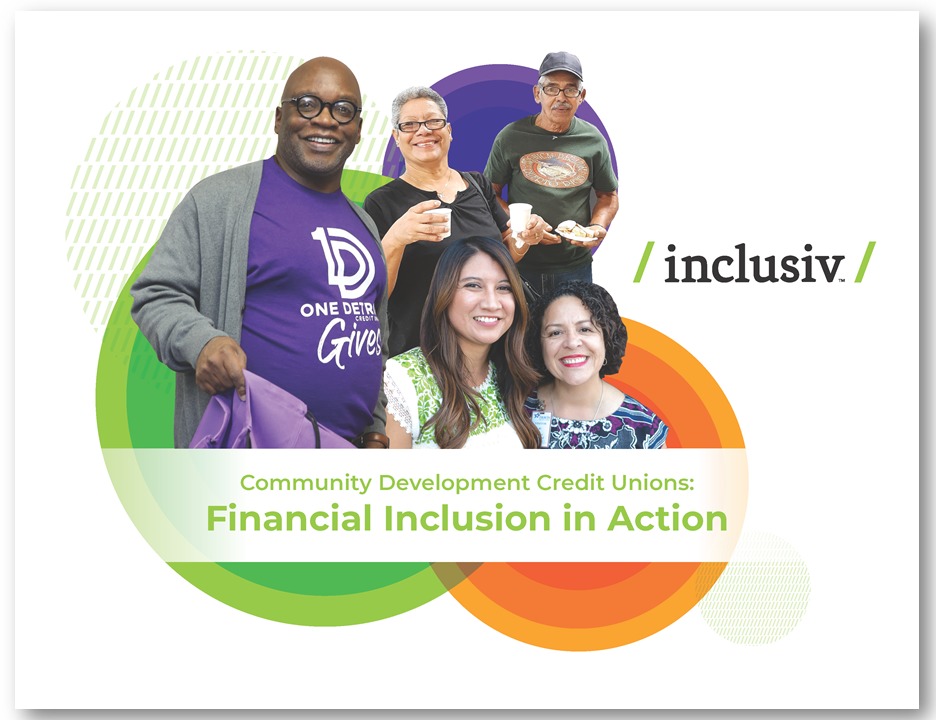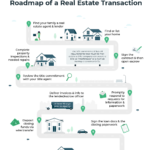Financial inclusion is a crucial aspect of fostering economic development and reducing poverty in communities around the world. In the UK, one innovative tool that has been making a significant impact on financial inclusion, particularly for individuals with bad credit, is the use of catalogues. These catalogues offer individuals the opportunity to access goods and services on credit, even if they have been turned down by traditional lenders. By providing access to essential items such as clothing, furniture, and electronics, catalogues have helped individuals with bad credit build their creditworthiness, improve their financial stability, and participate more fully in the economy.
The impact of catalogues for bad credit on UK communities goes beyond just providing access to essential goods. These catalogues also offer individuals the chance to demonstrate their creditworthiness and build a positive credit history over time. Additionally, by offering flexible payment options and affordable interest rates, catalogues make it easier for individuals with bad credit to manage their finances and improve their financial literacy. In the next section of this article, we will explore some key takeaways from the use of catalogues for bad credit in the UK, including the benefits for individuals and communities, as well as potential challenges and areas for improvement. Stay tuned to learn more about the impacts and implications of financial inclusion through catalogues for bad credit in the UK.
key Takeaways
1. Catalogues for bad credit can help improve financial inclusion in UK communities by providing access to essential items that may otherwise be unattainable for individuals with poor credit scores.
2. Despite concerns about high interest rates and potential debt accumulation, catalogues for bad credit can actually help people build or rebuild their credit by making timely payments and demonstrating responsible financial behavior.
3. The convenience of online shopping through catalogues for bad credit can help those who may not have access to traditional banking services or brick-and-mortar stores in their local communities.
4. Catalogues for bad credit can serve as a lifeline for vulnerable populations, such as low-income households or individuals with disabilities, by providing an alternative to expensive payday loans or predatory lending practices.
5. By promoting financial inclusion and empowering individuals with limited options, catalogues for bad credit have the potential to positively impact UK communities and help bridge the gap between those with access to traditional banking services and those who are often excluded from the financial mainstream.
Maximizing Financial Inclusion: How Do Catalogues for Bad Credit Impact UK Communities?
The Role of Catalogues for Bad Credit in Financial Inclusion
Catalogues for bad credit provide a crucial financial lifeline to individuals who may not have access to traditional credit options. By offering credit to those with poor credit histories, these catalogues allow individuals to purchase essential items, build credit, and improve their financial standing.
Benefits of Catalogues for Bad Credit on UK Communities
The impact of catalogues for bad credit extends beyond just providing access to credit. These catalogues can help individuals in underserved communities to afford essential goods, improve their credit scores, and ultimately participate more fully in the economy. By enabling individuals to make purchases on credit, these catalogues can also help build financial literacy and responsibility among consumers.
Challenges and Criticisms of Catalogues for Bad Credit
While catalogues for bad credit can provide valuable opportunities for financial inclusion, they are not without their challenges. Critics argue that these catalogues can lead to higher levels of debt and financial instability for individuals with already precarious financial situations. It is important to carefully consider the potential risks and drawbacks of using catalogues for bad credit and to ensure that individuals are using these financial tools responsibly.
Building a More Inclusive Financial System
In order to maximize the benefits of catalogues for bad credit and promote financial inclusion in UK communities, it is essential to address the underlying issues that contribute to financial exclusion. This includes improving access to affordable credit options, promoting financial education and literacy, and working to reduce the systemic barriers that prevent individuals from fully participating in the financial system.
- Provide financial education and support to individuals using catalogues for bad credit.
- Promote responsible borrowing and spending habits among consumers in underserved communities.
FAQs
What is financial inclusion and how does it relate to catalogues for bad credit?
Financial inclusion refers to the accessibility and affordability of financial services for all individuals, particularly those in underserved communities. Catalogues for bad credit offer a way for individuals with low credit scores to access products they need by spreading the cost over time.
Are there any risks associated with using catalogues for bad credit?
While catalogues for bad credit can provide a lifeline for individuals in need, there are risks such as high interest rates and fees. It’s important for individuals to carefully read and understand the terms and conditions before using these services.
How do catalogues for bad credit impact UK communities?
Catalogues for bad credit can have a positive impact on UK communities by providing access to essential products for individuals who may otherwise struggle to purchase them. However, there is also a concern that these services can lead to further financial difficulties if not used responsibly.
Are there any alternatives to catalogues for bad credit?
Yes, there are alternatives such as credit unions, community banks, and microfinance institutions that offer more affordable and sustainable financial services for individuals with bad credit.
How can individuals improve their credit score to avoid relying on catalogues for bad credit?
Individuals can improve their credit score by making payments on time, reducing debt, and monitoring their credit report for any errors. Seeking advice from a financial advisor can also help individuals develop a plan to improve their credit score.
What role do government and regulatory bodies play in overseeing catalogues for bad credit?
Government and regulatory bodies play a crucial role in ensuring that catalogues for bad credit operate ethically and transparently. They set guidelines and regulations to protect consumers from predatory lending practices and ensure fair treatment for all individuals.
Can catalogues for bad credit help individuals build their credit score?
Yes, using catalogues for bad credit responsibly and making timely payments can help individuals build their credit score over time. This can open up more opportunities for accessing traditional financial services in the future.
How can communities support individuals who rely on catalogues for bad credit?
Communities can support individuals by providing financial education and resources to help them make informed decisions about their finances. They can also advocate for fair financial practices and access to affordable credit options for all community members.
What are some common misconceptions about catalogues for bad credit?
Some common misconceptions include that catalogues for bad credit are only for those with poor money management skills, or that they are a last resort for desperate individuals. In reality, catalogues for bad credit can be a helpful tool for individuals who need access to essential products but have limited credit options.
How can individuals determine if catalogues for bad credit are the right choice for them?
Individuals should assess their financial situation, budget carefully, and compare the terms and conditions of different catalogues for bad credit before making a decision. It’s important to consider the interest rates, fees, and repayment options to determine if it aligns with their financial goals and needs.
Final Thoughts
Financial inclusion is a critical component of building a more equitable society, and catalogues for bad credit play a role in providing access to essential products for individuals who may face barriers to traditional financial services. While these services can offer a lifeline for those in need, it’s important for individuals to approach them with caution and understanding of the potential risks involved.
Ultimately, promoting financial literacy and responsible financial practices is key to supporting individuals in making informed decisions about their finances and improving their overall financial well-being. By working together as a community to advocate for fair and transparent financial services, we can help ensure that all individuals have access to the resources they need to thrive.






